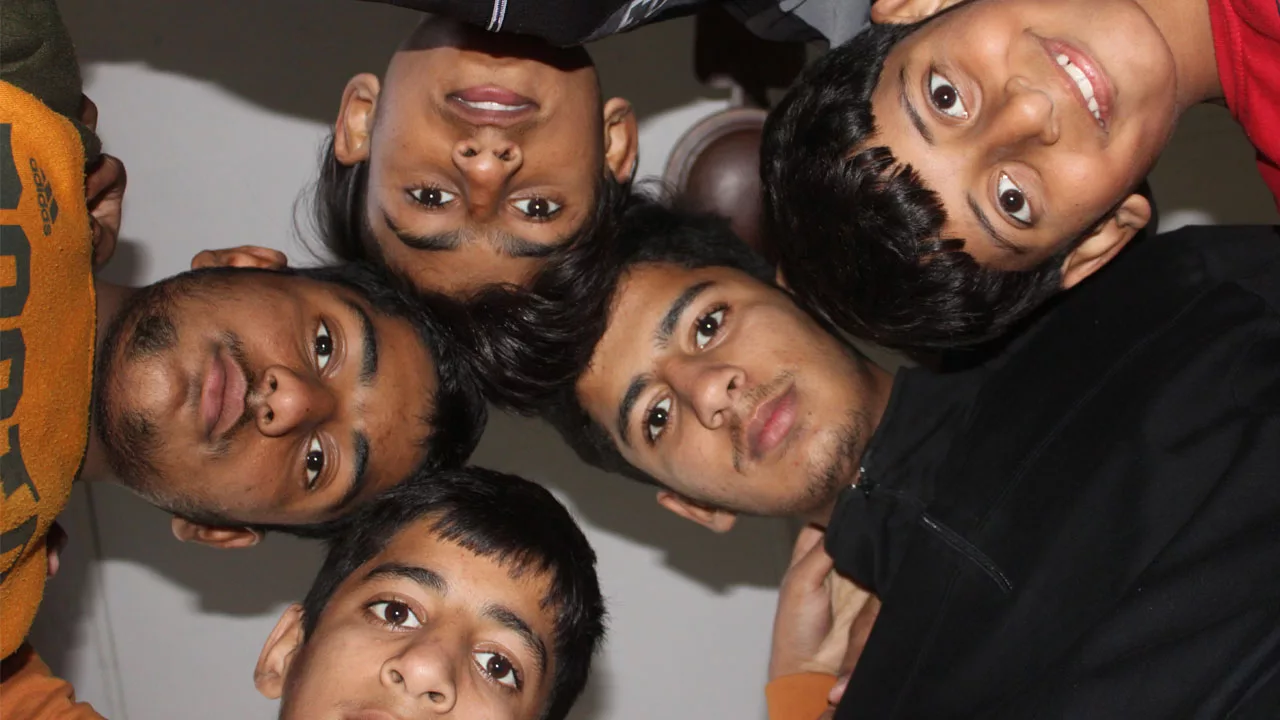Perplexed – Experiential Learning IQ & EQ?
Knowledge Base
Thomas Babington effectively Westernized Indian schooling in 1835. And today we have STEM education. STEM education refers to four disciplines: science, technology, engineering, and mathematics.
The new education policy NEP 2020 emphasizes experiential education heavily. Because it was introduced at the same time as the pandemic, most states have yet to implement it. As an (EL) experiential educator for more than 20 years, I saw an opportunity to access schools across northern India after the lockdowns when schools and institutions were fully operational.
We began by visiting schools and speaking with administrators and teachers in Chandigarh and Himachal Pradesh. And we discovered that there was a significant amount of skepticism and misunderstanding concerning EL education in many schools.
Experiential Learning IQ & EQ
Many educators acknowledge experiential learning as experimental learning. They claim we have labs for conducting experiments and that we are already engaged in experiential education. However, experiential learning extends well beyond the confines of classrooms and laboratories. And how a person learns is determined by his learning style.
We are all unique individuals with distinct learning styles. David Kolb, a psychologist, published the experiential learning model in 1984 and identified four learning styles: Accommodator, Assimilator, Converger, and Diverger. Learners tend to favor one of the four methods over the others.

Experiential learning is based on your experience, and experience is how you feel via your senses. EL is concerned with the individual’s learning process instead of hearing or reading about other people’s experiences.
- Learning is the process whereby knowledge is formed through the transformation of experience.
- Learning is a technique of acquiring knowledge; intelligence is a method of applying that knowledge.
IQ (Intelligence Quotient) & EQ (Emotional Quotient)
Many elements contribute to one’s level of success in life. Overall success, as well as health, well-being, and happiness are all influenced by IQ and EQ.
A high IQ (intelligence quotient) may provide you an advantage in some situations, such as landing the job of your dreams. However, a lower IQ does not imply that you are stupid or incapable of learning.
IQ is not the only factor in life success. Furthermore, it is one of several factors that determine emotional intelligence. Many firms now require emotional intelligence training and employ EQ testing as part of the recruiting process.

Emotional intelligence, also known as emotional quotient (EQ), varies from person to person, much like general Intelligence (IQ). People with reduced emotional intelligence may struggle to appropriately identify emotions, perceive how others feel, or communicate and honor emotional needs.
Everyone has emotions, but not everyone finds it simple to acknowledge and comprehend them. Improving your emotional intelligence might be difficult, but it is entirely achievable through experiential education. Experiential Learning is extremely beneficial in understanding and reflecting on one’s own feelings.
Experiential learning is a process in which trainers engage students in direct experience and focused reflection intending to increase knowledge, develop skills, and clarify perceptions.